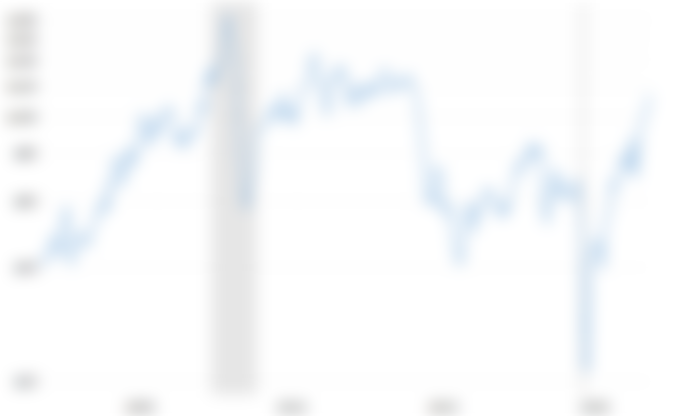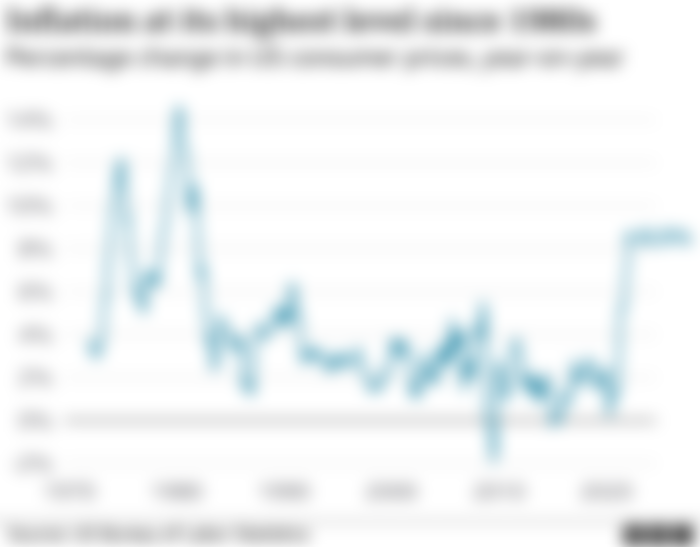Russia's invasion of Ukraine is fueling inflation because of rising oil prices

Oil prices are on the rise and there are few signs of a slowdown. Brent oil. The global benchmark for energy markets topped $100 a barrel after Russian President Vladimir Putin ordered the Ukraine to be attacked. Over the past year, oil prices have risen quite quickly, and with Russia's invasion of Ukraine, they continue to rise. Main reason is the fear that this conflict may disrupt the export of energy resources to world markets. The dynamics of supply and demand contributed to the surge in oil prices, and for consumers, when oil rises in price, other goods and services rise in price as well. Here's how it goes.
There are many reasons why an increase in energy prices has been said to lead to higher inflation. The cost of living in the US rose 7.5% in January compared to last year, the highest in nearly four decades, economists at Moody's Analytics estimate inflation is costing the average American family an additional $276 a month. This is due to higher prices for a number of goods, including gas. The biggest reason gasoline prices have gone up is because of oil, and one of the biggest reasons inflation has been so high has been gas prices.

Americans are now paying about twice as much for gasoline as they did at the beginning of the COVID-19 pandemic, and oil demand is projected to continue to outstrip supply. There is little hope of relief for American households ahead, it's not just that we're paying for gas at the gas station, but it really could have a significant impact on all sorts of price increases in the United States. For those who are looking to take a long awaited vacation. Rising oil prices could impact airfare, while airfare prices have remained relatively stable during the pandemic, travel booking site Hopper is forecasting domestic air travel costs to increase by an average of 7% each month through June, citing higher jet fuel prices.
One of the reasons if oil goes up and airlines pay more for oil to power planes, they will raise airfare. Sky-high fuel prices are also affecting the prices of the food we grow in the ground. They will fit on your plate, because remember, we put a lot of ethanol in our car, and we need a lot of diesel fuel to plant and harvest. Agriculture and food processing can be energy intensive and account for a large share of production costs. Farmers in the US will spend about $16 billion in 2022, up 35% from 2020. This has implications for supermarket shoppers, who have already seen food prices rise 7% since about the same time last year. Much of this growth can be attributed to the cost of getting food from the farm to the shelves. The same can be said about any other commodity transported by ship, train or truck.

Oil is one of those commodities that are actually used in all parts of the supply chain and therefore affect inflation. If your business and you need to spend more just to ship goods through the USA, it will become more expensive. Often companies pass these additional costs on this product onto the consumer. Transport companies and other logistics firms are already facing higher costs, including wage increases in a tight job market. According to a survey conducted by the Business Research Group, 72% of CEOs of large US companies said they expect to pass on higher labor and transportation costs to customers over the next 12 months.
Consumer spending makes up more than two-thirds of US GDP, and if consumers have to pay more for basic food items like groceries and gasoline, they may be forced to cut spending on other items. I don't think anyone is expecting an economic downturn because of this, but I think the idea is that we will have slower economic growth than last year, partly because of oil prices.


